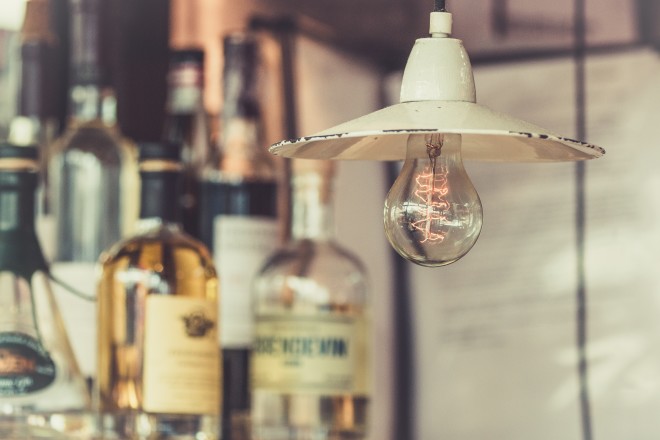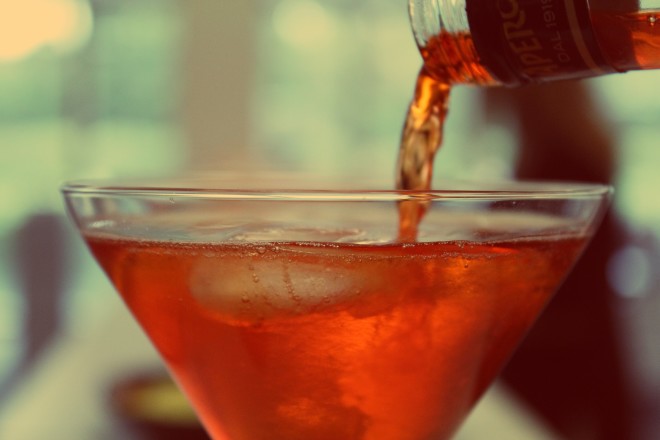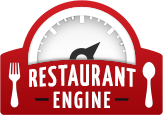Liquor License – Does Your Restaurant Really Need One?

Be responsible when you serve alcohol in your restaurant.
If you’re reading this article, you’re probably either opening a new restaurant or thinking about adding liquor to your menu.
We bet you’re wondering about a liquor license and the costs involved for your restaurant. You might even be asking the question, “Does my restaurant really need one?”
The answer to that question is yes, if you plan to sell alcohol, your restaurant needs a liquor license.
Before you can set up your restaurant bar, you need to research your local liquor laws as they vary by state. Then, you’ll need a liquor license. You can’t even sell one drink without it.
Let’s look at the steps involved and discuss the ins and outs of your restaurant liquor license.
How to Get a Liquor License
You want to get in touch with your state’s Alcohol Beverage Control (ABC) agency. They are in charge of your liquor license. Here are some of the things they’ll tell you:
- What kinds of liquor you can sell.
- What hours you can sell it.
- Your limitations.
- The qualifications you must have to get a liquor license.
- The cost of your liquor license.
You’ll find that the laws vary between cities, counties and states. Don’t assume it’s the same across state lines or even county lines. Get acquainted with the laws before moving forward.
We want to reiterate that you cannot legally sell liquor without a license.
It’s a good idea to apply for your liquor license as soon as you can because it might take a while. The application process can take up to a year to complete.
This is especially true if your state has a liquor license quota. This means they only give away a set number depending on the population.
You might research any quotas before leasing or building your restaurant space.
Your liquor license application may be posted in the local newspaper to see if anyone wants to contest your application. If they do, you’ll have to deal with the licensing authority.
Expect your application to be looked over very thoroughly.
The Qualifications You Need
Again, the qualifications for obtaining a liquor license vary, but many of them have similar requirements. They are as follows:
- You must be 21. You can only sell alcohol if you’re old enough to drink it.
- Sometimes you’ll encounter residency requirements meaning you have to live somewhere for 90 days before applying for the license.
- If you have a criminal record, the odds of you getting a liquor license are slim.
- Get a seller’s permit from your State Department of Revenue first.
- You’ll often have to take a responsible beverage server training course before you get your license.
The Types of Liquor Licenses
You’ll run across several different types of licenses. These are usually organized by the type of alcohol you’ll serve and the type of establishment serving it.
For the purpose of your restaurant, you can look at several types:
- Explore the options of a 3.2% beer license.
- Look for a beer and wine license.
- You can examine the brew pub license if you want to sell beer, wine and liquor.
- Restaurants can look for permission to sell beer, wine and liquor for public consumption.
Generally speaking, a standard restaurant license allows you to sell beer, wine and liquor as long as the proceeds don’t exceed more than 40% of your total revenue. You might find the size of your restaurant affects this license.
If you’re a tavern that sells food, you’ll look at the tavern license. This is for places that sell food, but specialize in drinks. It usually costs more than a standard restaurant license.
If you’re a small restaurant with less than 100 seats, and you only want to serve beer and wine, you can apply for a limited liquor license. These are restrictive but inexpensive.
You’ll probably find it easier and less expensive to get a beer and wine license than one that includes liquor.

Make sure you know all the rules for pouring alcohol in your state.
The Costs of a Restaurant Liquor License
The cost of liquor licenses varies widely from city to city. For example, in New Mexico, liquor licenses have sold for as much as $975,000, and they average between $300,000-600,000. Compare this to Colorado where the most expensive liquor licenses cost less than $2,500.
Why the high cost of liquor licenses in some states? Some states have quotas for the number of licenses sold per the number of residents. In these states, licenses are often sold in a secondary market, making them more expensive.
In states without quotas, you can find liquor licenses available in the hundreds, not hundreds of thousands or nearly one million dollars.
What If Your License Gets Denied?
Your license can be denied or revoked if you don’t comply with the liquor laws of your state, if you have excessive complaints or a failure to pay the annual licensing fee.
There are some options if your license is denied or revoked.
- If you’re denied for criminal activity, ask someone to partner with you who can hold a license.
- If it’s a zoning issue, research avenues for getting the ban lifted or find a new location.
- Pay your licensing fees and fines on time and in full.
Responsible Habits
Be a responsible restaurant owner and understand the responsibilities that come with serving alcohol. (tweet this)
Make sure your wait staff is fully-versed in your state’s alcohol laws, and that they know what to do in the following instances:
- Check an id so they don’t serve a minor.
- Cut off intoxicated guests.
- Know when it’s legal and illegal to serve drinks.
Not only will this help you avoid fines, but it can keep you from getting your license suspended.
You also want to make sure your employees have completed alcohol training and always model responsible behavior for your staff.
Finally, keep an accurate inventory of your liquor. This helps you ensure no one is skimming off the top and doing anything illegal to jeopardize your license.
To Conclude
Restaurants need a liquor license if they are going to sell beer, wine and liquor to their customers. (tweet this) For many restaurants this is good for the bottom line as liquor sales can make up 20% or more of sales.
You might also find that some diners won’t even look at a restaurant that doesn’t serve liquor because they want a complete dining experience.
So, now that you’ve decided to sell liquor, and have started on the path towards obtaining a liquor license, you want to look into insurance. If you’re serving liquor, your insurance is important.
Selling alcohol is a risky business, and you want to make sure your restaurant is protected with liability insurance.
This covers assault charges if your customers start a fight, or medical costs if someone gets hurt while drinking at your restaurant. It does not, however, cover the cost of problems incurred if one of your staff serves a minor.
Consult your attorney to ensure your restaurant is fully covered from any drinking-involved liability.
Tell us your experience applying for a liquor license. Was it difficult or relatively easy? Do you live in a state with a quota? How did it affect you? We’d love to hear about your experiences. Please share below.
Images: Patrick Schopflin and Thomas Martinsen


yes i do have to apply for licor lic ense it’s very imp
Great information!! I really enjoy reading this blog information. Thanks for sharing this informative information.
the law in California is very clear if it’s or 0 5% or more you do because .05 or greater is the definition of an alcoholic product and product because there was a time when some people try to be clever and we’re selling candies that had about 1% alcohol and they were required to get a state ABC liquor license
Do you have to have a liquor license to sell O’Doul’s or any non-alcohol beer?